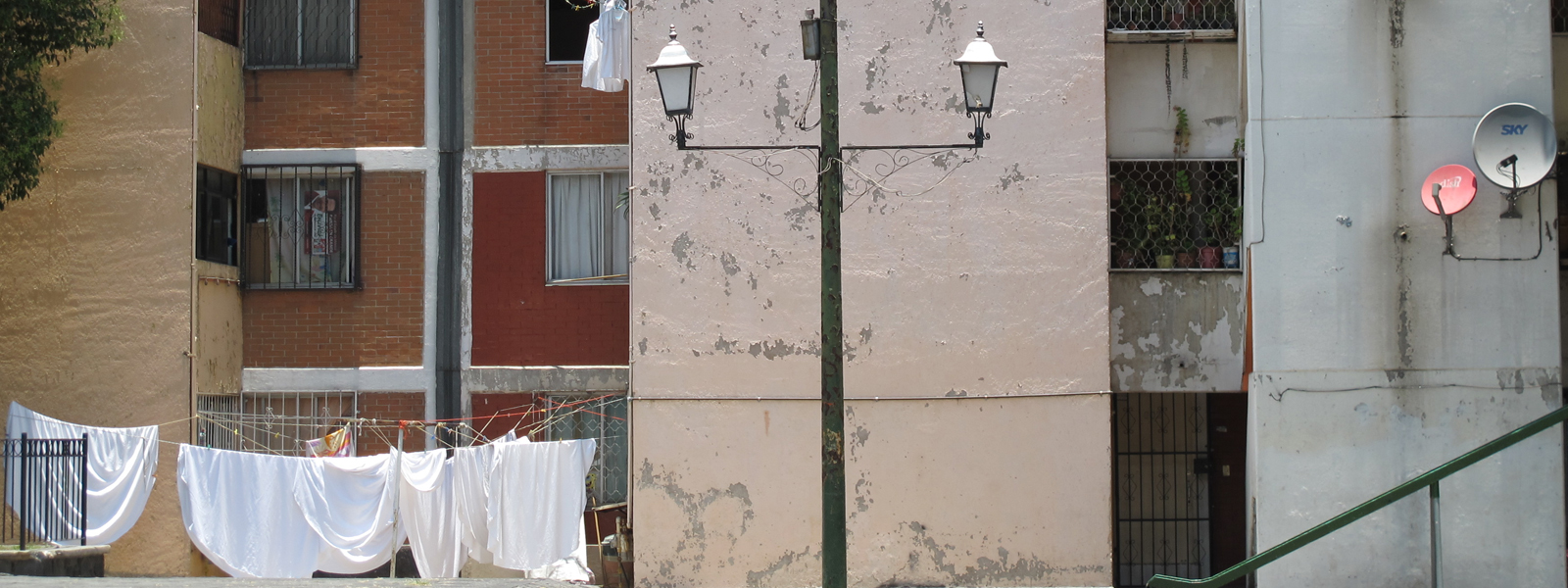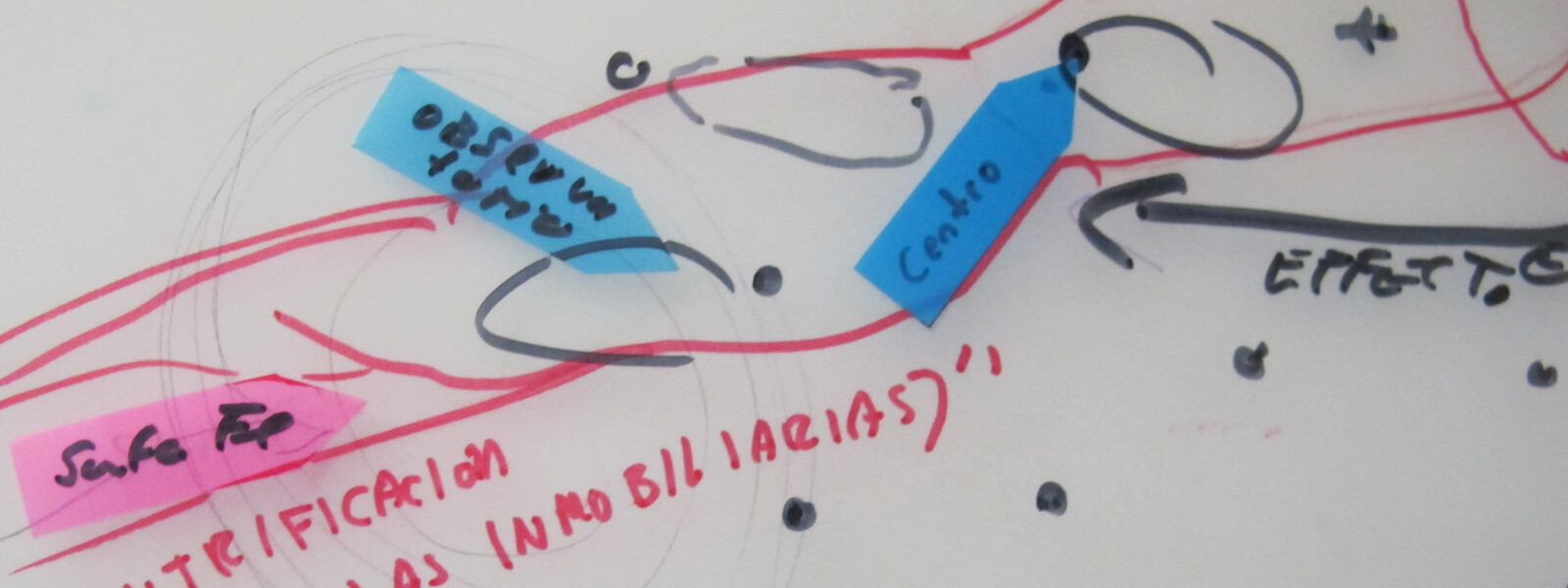This paper explores and discusses the experimental, critical, and self-reflective use of differing methods in urban studies. In the context of frequent calls to investigate urban processes in a planetary and comparative perspective, the empirical groundedness of research is among the particularly complex challenges urban scholars are confronted with. The key question is: how can qualitative-empirical methods, like ethnography or qualitative mapping, be adapted to explore contemporary urban conditions?
This paper seeks to contribute to current debates by introducing a specific methodological design of a mobile ethnography that enables an analysis of large and heterogeneous urban territories, in three main ways: first, by offering a theoretically informed and empirically grounded transductive research design, second, by proposing a complementary set of cartographic, historiographic and comparative methods of which mobile ethnography is a part of, and third, by suggesting post- and decolonial methodological perspectives, both conceptually by engaging with Latin American urbanisms, as well as empirically by furthering collaborative ways of knowledge production.
To conclude, the paper stresses the need to continually develop new inventive methods for comparative urban research, for two main reasons: (1) to enable scholars to question established geographical representations and parochial imaginaries of urban space, and (2) to problematize methodological and theoretical dogmas with situated knowledge. By suggesting different representations of the urban, the paper thus emphasises how important it is to transductively entangle empirical and theoretical conceptualizations to further decentre urban knowledge production.
Streule, Monika (2020) Doing mobile ethnography: Grounded, situated, and comparative. Urban Studies, 57.2, 421–438. DOI 10.1177/0042098018817418



